GIAN aims at sustaining the spirit of innovation, encouraging experimentation and nurturing creativity at grassroots level of knowledge rich economically poor people, students, mechanics, workers, young start-ups, by contributing to the creation of a knowledge network.
The golden triangle for rewarding creativity is GIAN’s motto. The reduction in ex-ante and ex-post transaction cost of innovators, investors, and entrepreneurs is achieved by several operating principles: Never to ask innovators to come to the office, instead provide them support at their doorstep; organize financial, intellectual property, product development, validation & value addition, business development, and dissemination support; connect them to the nearest resources instead of asking them to come to an urban centre. We believe in providing in situ incubation support to innovators, start-ups, communities and others. Hand holding a grassroots innovator to help them in their journey to become a social and/or economic entrepreneur is our passion.
Over the years, we have seen that all three resources are often not available in one place, with one person, or with one institution. Connecting them may help to scale up innovations for and from the grassroots communities by reducing transaction costs. However, it is also true to say that incubators for grassroots and social innovations are different from others. Since they may not have the same business plan as the generic equity-based models, new models of benefit sharing have to be devised for the sustainability of such organizations.
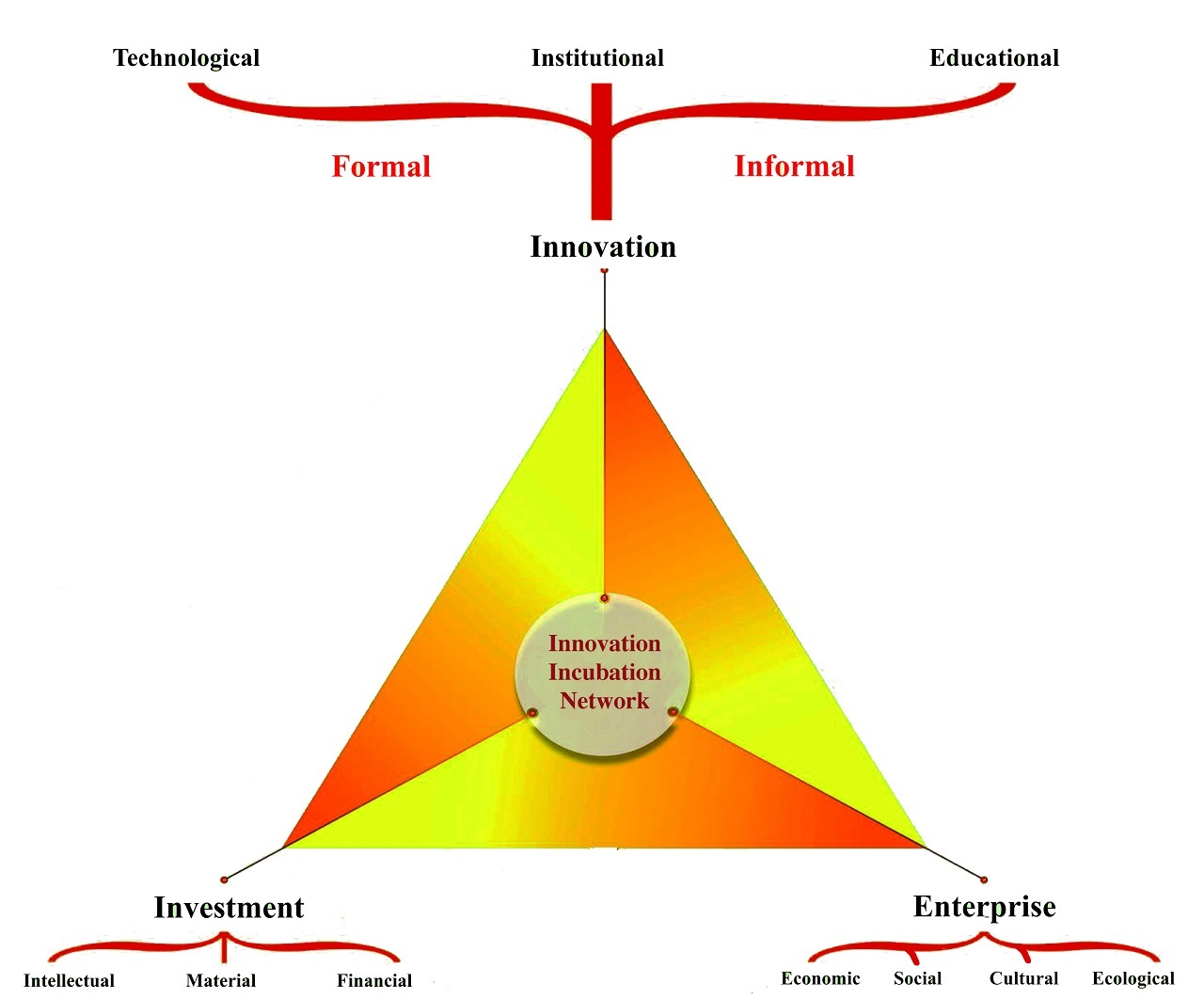
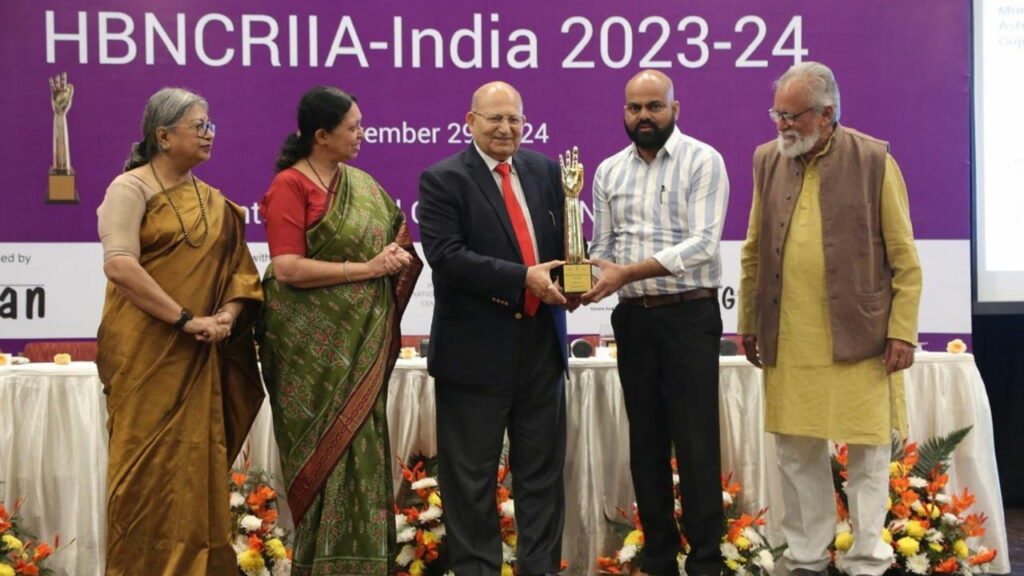
GIAN (Gujarat Grassroots Innovation Augmentation Network) is the first incubator of grassroots innovations set up in 1997 in collaboration with the Gujarat government and supported by SRISTI and IIMA in addition to the Honey Bee Network. In 2003, It received the NSTEDB, DST, the best technology incubator award at the hands of then President Dr. A P J Abdul Kalam, sharing it with IIT Madras. The Honey Bee Network pioneered the IPR protection for grassroots innovators in collaboration with SRISTI and created a platform for linking innovation, investment, and enterprise. GIAN has entered into an MOU with UNDP India and UNDP headquarters New York to support inclusive and frugal innovations in 115 countries through 91 innovation acceleration platforms. GIAN has worked with UNESCAP, UNICEF, UNESCO, UNDP, FAO, and many national organizations like SIDBI, NABARD, NIF, SRISTI, IIMA, etc.
GIAN also established a Sec 8 incubator company, GIANASTRE with the assistance of the Gujarat government with identity. no. U74999GJ2018NPL103052 (Companies Act, 2013 (18 of 2013).
GIAN’s model was scaled up in the form of the National Innovation Foundation-India, set up under the Department of Science and Technology with the help of the Honey Bee Network.
GIAN aims at sustaining the spirit of innovation, encouraging experimentation, and nurturing creativity at the grassroots level of knowledge-rich economically poor farmers, students, mechanics, workers, young start-ups, etc. by contributing to the creation of a knowledge network. This network empowers the innovators, prevents the erosion of traditional knowledge systems, recognizes and augments contemporary innovations, and facilitates the diffusion of grassroots green innovations through commercial and non-commercial public, private, and voluntary channels.
– Provide innovators with support at their doorstep as opposed to asking them to travel;
– Organize financial, intellectual property, product development, validation & value addition, business development, and dissemination support;
– Connect innovators to the nearest resources instead of asking them to come to an urban center.
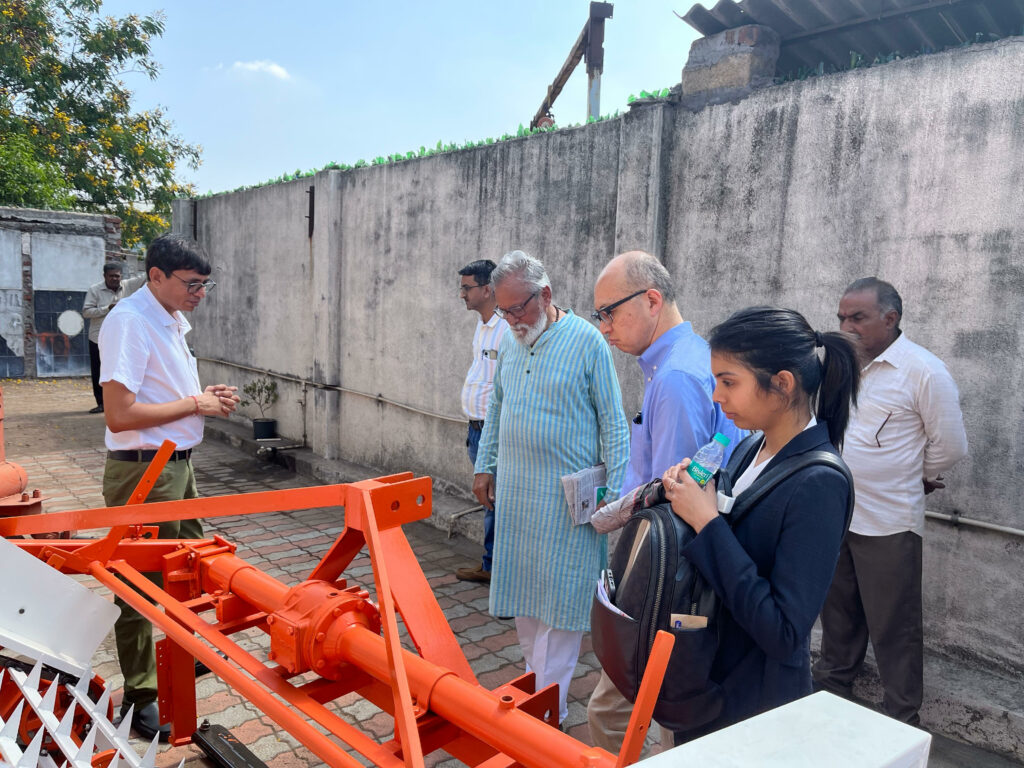
In-situ incubation of innovations from and for the grassroots level that is providing support for grassroots innovators at their location with periodic consultations.
Operating the Micro Venture Innovation Fund, first promoted at ICCIG, 1997, IIMA and operationalized earlier at NIF and now with SIDBI, at GIAN providing low-interest loans to grassroots innovators, ITI/Polytechnic students, and others.
Implementing the Community Innovation Lab and Community Food and Nutrition Lab to encourage local youth, women, and others to experiment and explore solutions to local problems through mutual learning and leveraging traditional knowledge in the areas of nutrition and conservation.
Working with ITIs and polytechnics to tap the talent of students and faculty in addressing local problems, while also encouraging them to address wicked social problems through summer school programmes on inclusive and frugal solutions.
Implementing GIAN Skills – The Grassroots Enterprise Development and Training Centre project at Sanand GIDC, Industrial Commissioner’s Department, Government of Gujarat. The GIAN is also a nodal institute under the scheme of Startup Gujarat to support grassroots innovators.
On-farm research to explore the potential of farmer-bred varieties, plant protection, herbal veterinary care products, mechanical devices/farm tools, etc., based on people’s knowledge and other technologies at the community level
Mobile exhibition of grassroots innovations to cross-pollinate the lessons of grassroots creativity across the cultural and agro-ecological boundaries
Laghu Sahay Yojana of Climate Change Department, Government of Gujarat to promote solar energy applications at the community level
Jointly organized Shodhyatra in Gadchiroli, Maharashtra
Nutrition gardens in around 700 schools all over the country by sharing vegetable seeds to help children develop green fingers and use vegetables for improving the nutrition of children and women
GIAN Summer School on Open Inclusive Innovation
Children creativity workshops
Women groups experimenting with edible weeds as a source of extremely affordable nutritional material
The partnership of Honey Bee Network with UNDP, India, and globally is being carried out through Gujarat Grassroots Innovation Augmentation Network – GIAN.
GIAN has contributed to the United Nations Technology Facilitation Mechanism (TFM 10) Member group and UN Inter-Agency Task Team (IATT) in preparation for the Multi-Stakeholder Meeting on Science, Technology, and Innovation for the SDGs 2019, organized by the United Nations Department of Economic and Social Affairs (DESA), the United Nations Conference on Trade and Development (UNCTAD) and the United Nations Economic and Social Commission for Asia and the Pacific (ESCAP).
The engagement with the United Nations Educational, Scientific and Cultural Organization (UNESCO) for the association as an NGO and organization of a training program on the Development of Value Chain of Grassroots Innovation was done in Namibia in collaboration with the UNESCO and the Namibian Ministry of Higher Education Training and Innovation. As a result, a HBN node/GIAN Namibia is proposed to be set up. A long-term collaboration between the Honey Bee Network and UNESCO is being discussed to build robust indigenous and grassroots innovation systems in many countries, especially developing nations.
Workshop on Policies to Support Grassroots Innovation Organized by United Nations ESCAP in collaboration with the Indian Institute of Management Ahmedabad (IIMA), the Society for Research and Initiatives for Sustainable Technologies and Institutions (SRISTI), and the Grassroots Innovation Augmentation Network (GIAN), where nearly 17 countries participated.
GIAN has developed a database of countrywide technological projects by polytechnic and ITI students, sourcing industrial-technological energy consumed and waste (circular economy) gaps, (http://giannidhi.in/). GIAN NIDHI is an initiative at GIAN aims at putting the problems of micro, small and medium enterprises, informal sector, grassroots innovators and other social sectors on the agenda of the young ITI & polytechnic students across the country. Furthermore, GIAN aims at promoting social innovations by the most neglected strata of technology students of our society.
GIAN co-hosts a database of 0.43 million abandoned patents from the US Patent Office Database. The idea was to tap the opportunities of entrepreneurship, blending and bundling of local knowledge and triggering solutions to some of the wicked problems.
GIAN made the database of GRassroots Innovation Database in collaboration with UNDP accelerator Lab (www.grid.undp.org.in)
HBN CRIIA (Creativity and Inclusive Innovation) Awards for Students, Entrepreneurs, and Grassroots Innovators, etc., from around the world
International Conference on Creativity and Innovation at/for/from/with Grassroots [ICCIG ] in collaboration with Honey Bee Network institutions.
The GIAN farmers’ store connects consumers to organic producers and products developed by incubatees of GIAN and SRISTI.
GIANASTRE – the GIAN Association for Sustainable Technology, Research and Entrepreneurship incubator supports start-ups in setting up as Section 8 companies
Energy conservation awareness workshops in Narmada & Panchmahal district are sponsored by Gujarat Energy Development Agency (GEDA).
Online e-commerce platform.
Chairman (Former Director of IIM Ahmedabad Director & Former Vice Chairman of Adani Institute of Infrastructure Management and Advisor to Adani Group)
Principal Secretary Industries and Mines Department, Government of Gujarat
Honorary Secretary GIAN (Visiting Faculty, Indian Institute of Management, Ahmedabad)
Additional Chief Secretary Agriculture, Farmers Welfare & Co- operation Department, Govt. of Gujarat
Commissioner of Rural Development & Secretary to Government (Rural Development)(I/C), Government of Gujarat
Associate Professor of Information Systems at IIMA
Member (Former Faculty, Indian Institute of Management, Ahmedabad)
Member (Director – Commercial Gharda Chemicals Limited)
Member (General Secretary, SEWA)
Associate Professor of Strategy at IIMA
Member (Director General, Entrepreneurship Development Institute of India)
Innovator, Akshar Agro Innovation Pvt. Ltd.
Member (Former Director, National Innovation Foundation)
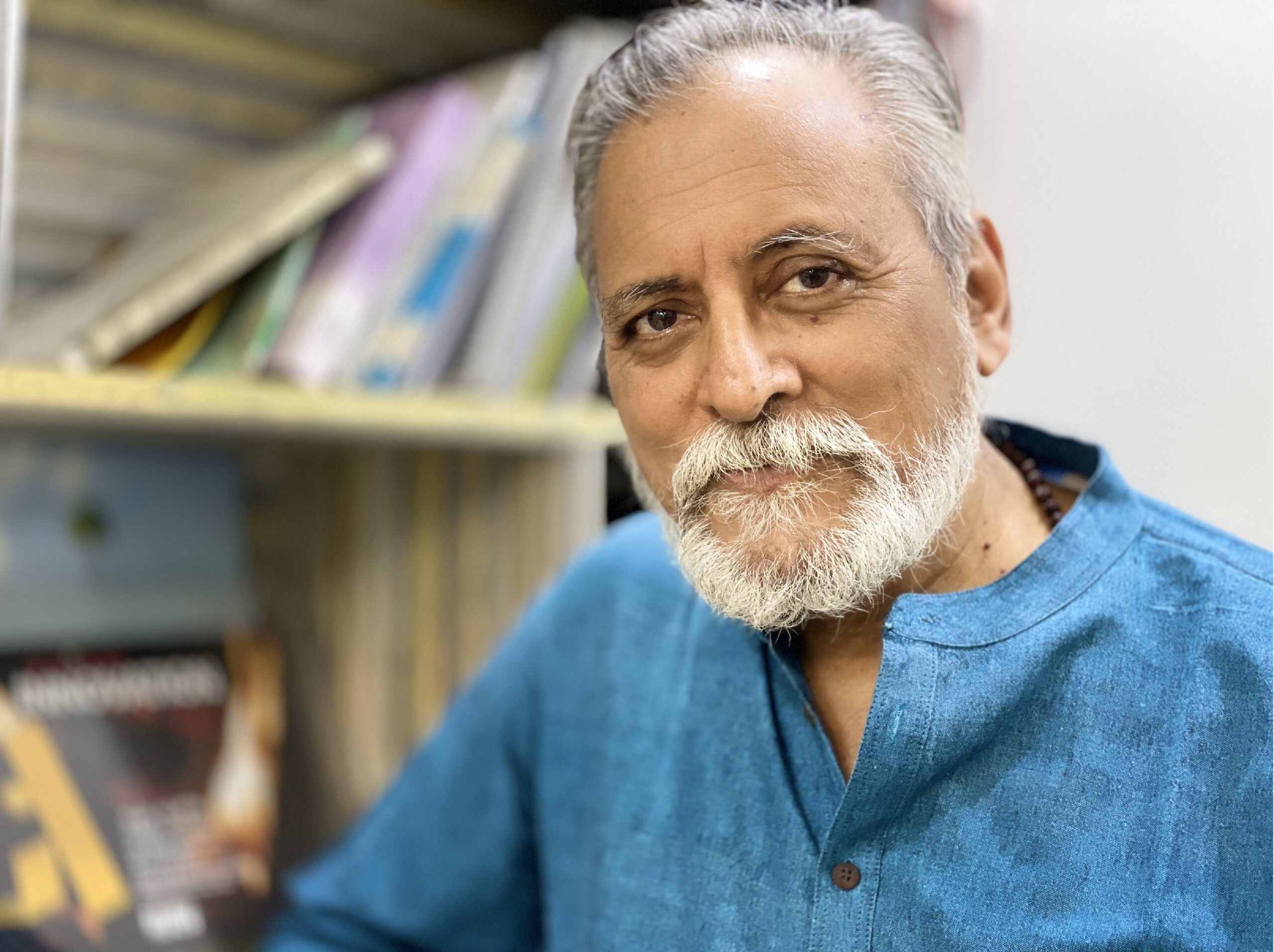
Founder

Finance & Admin Officer
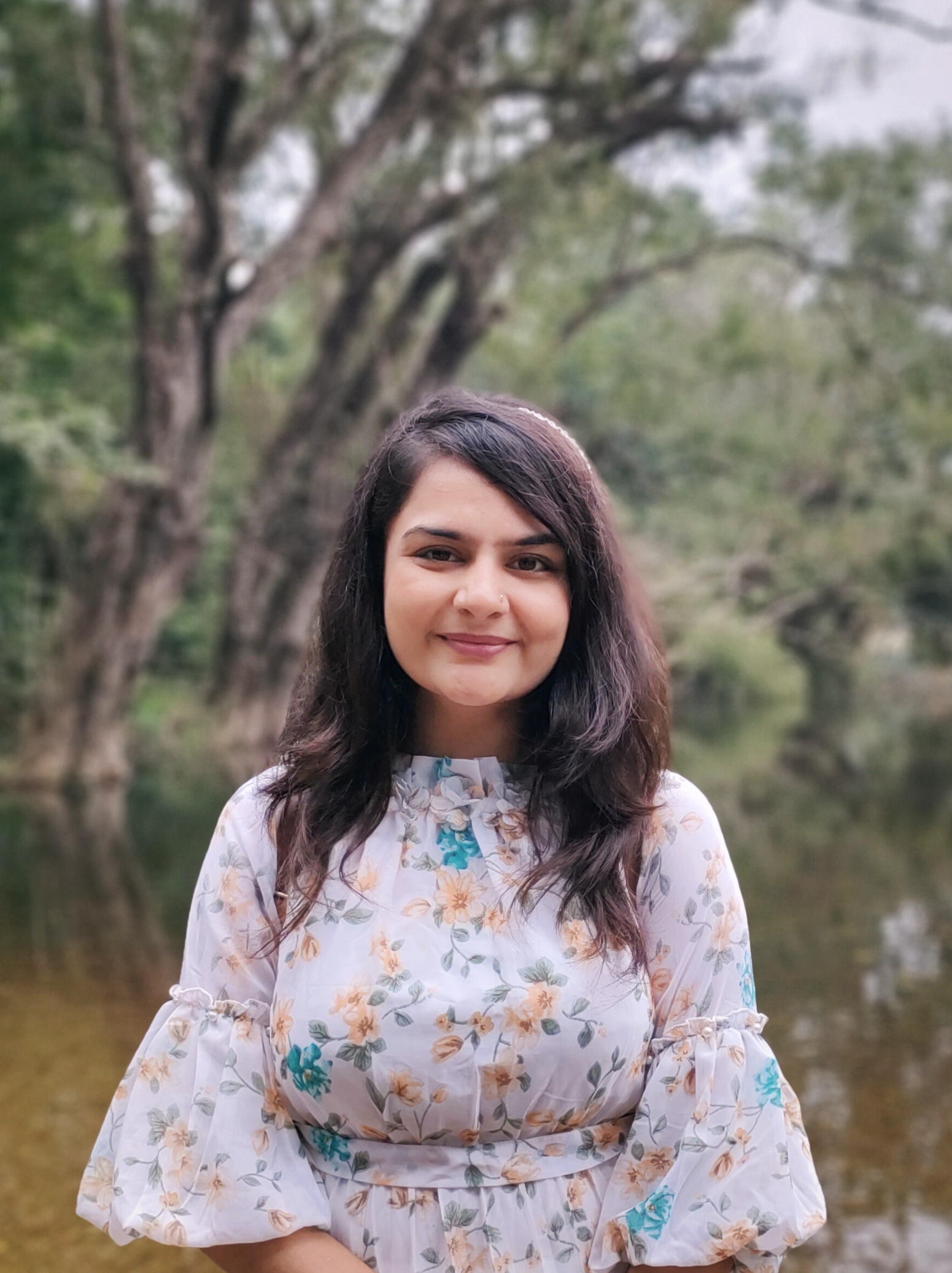
Innovation Manager

Computer Trainer
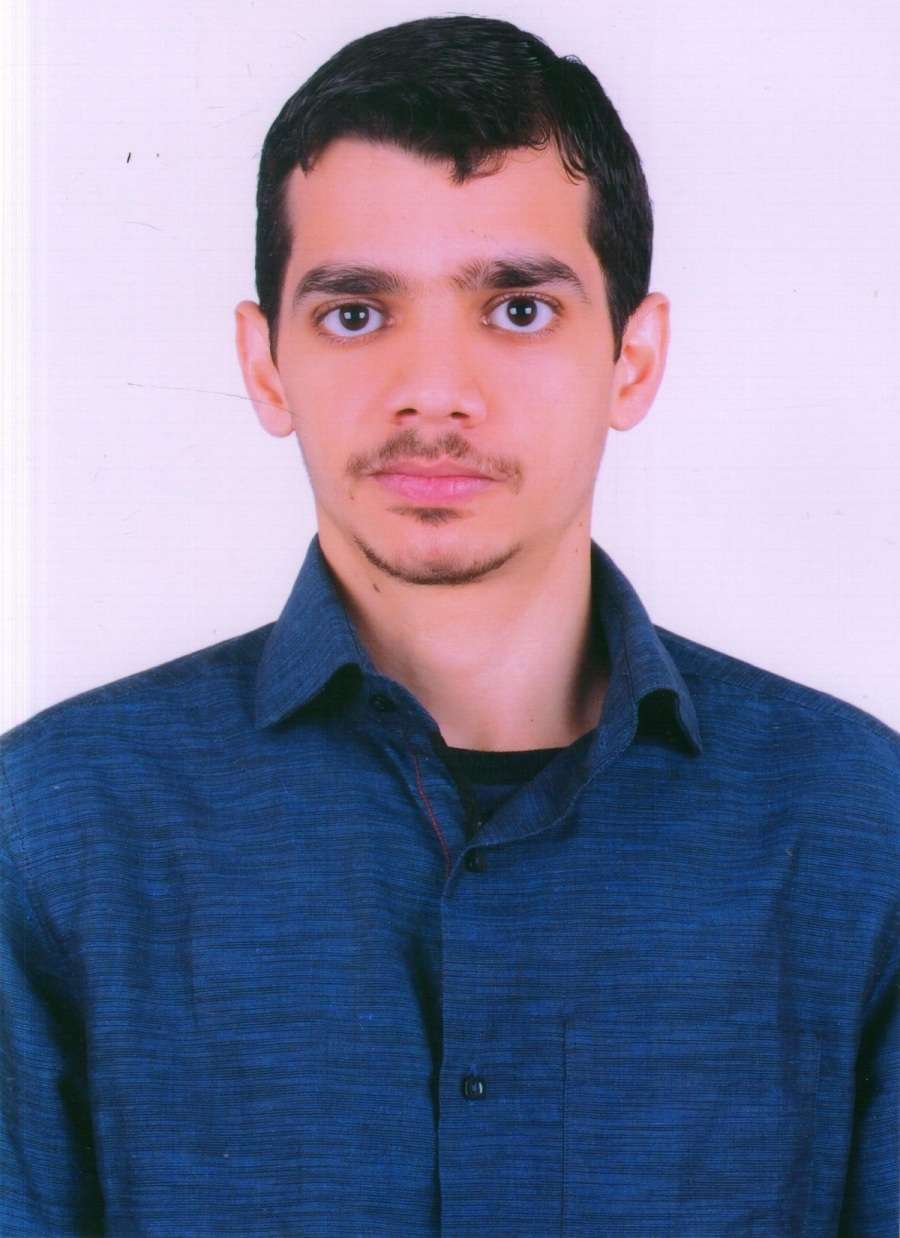
Research Associate Intern
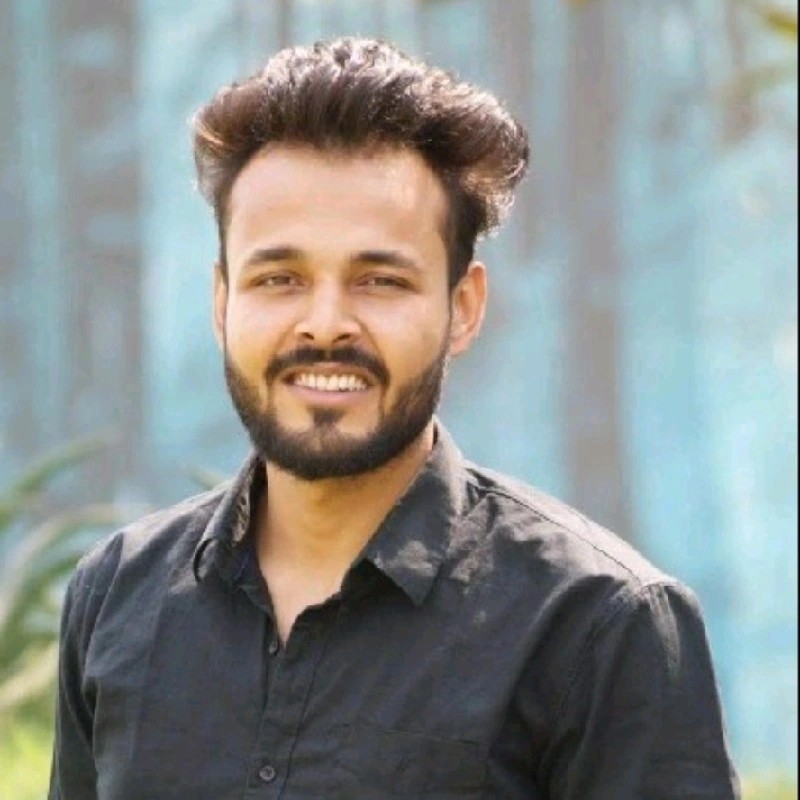
Innovation Manager
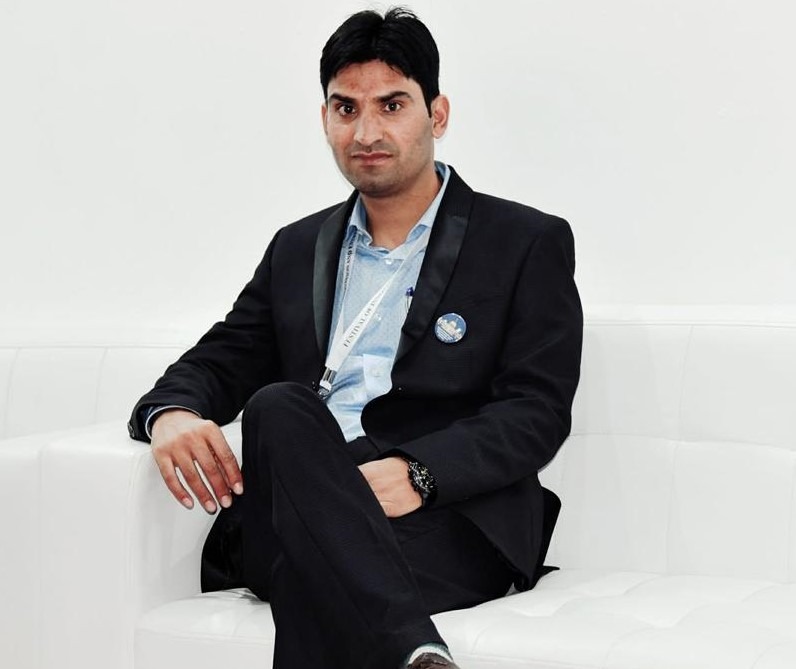
General Manager, J&K
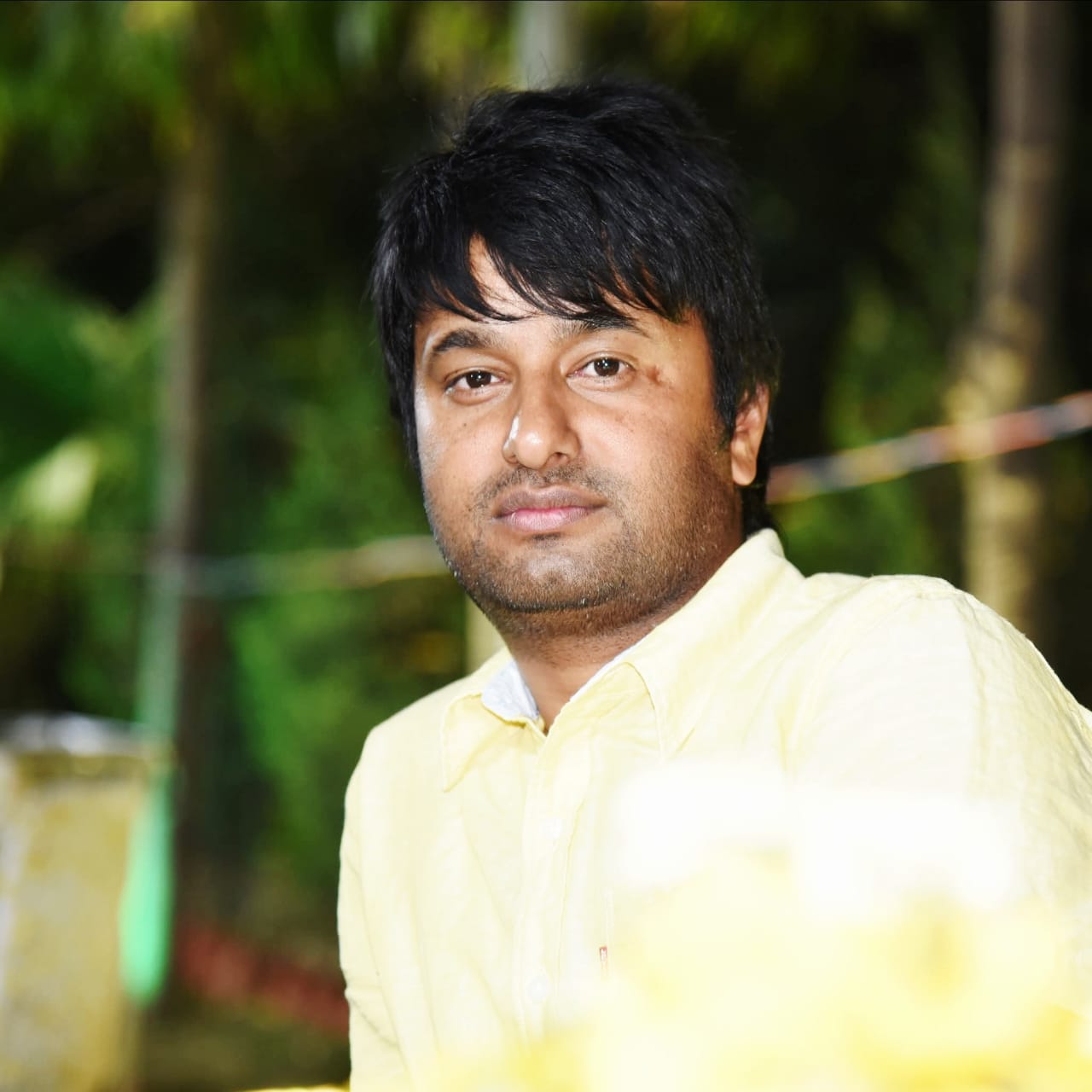
Innovation Manager, J&K
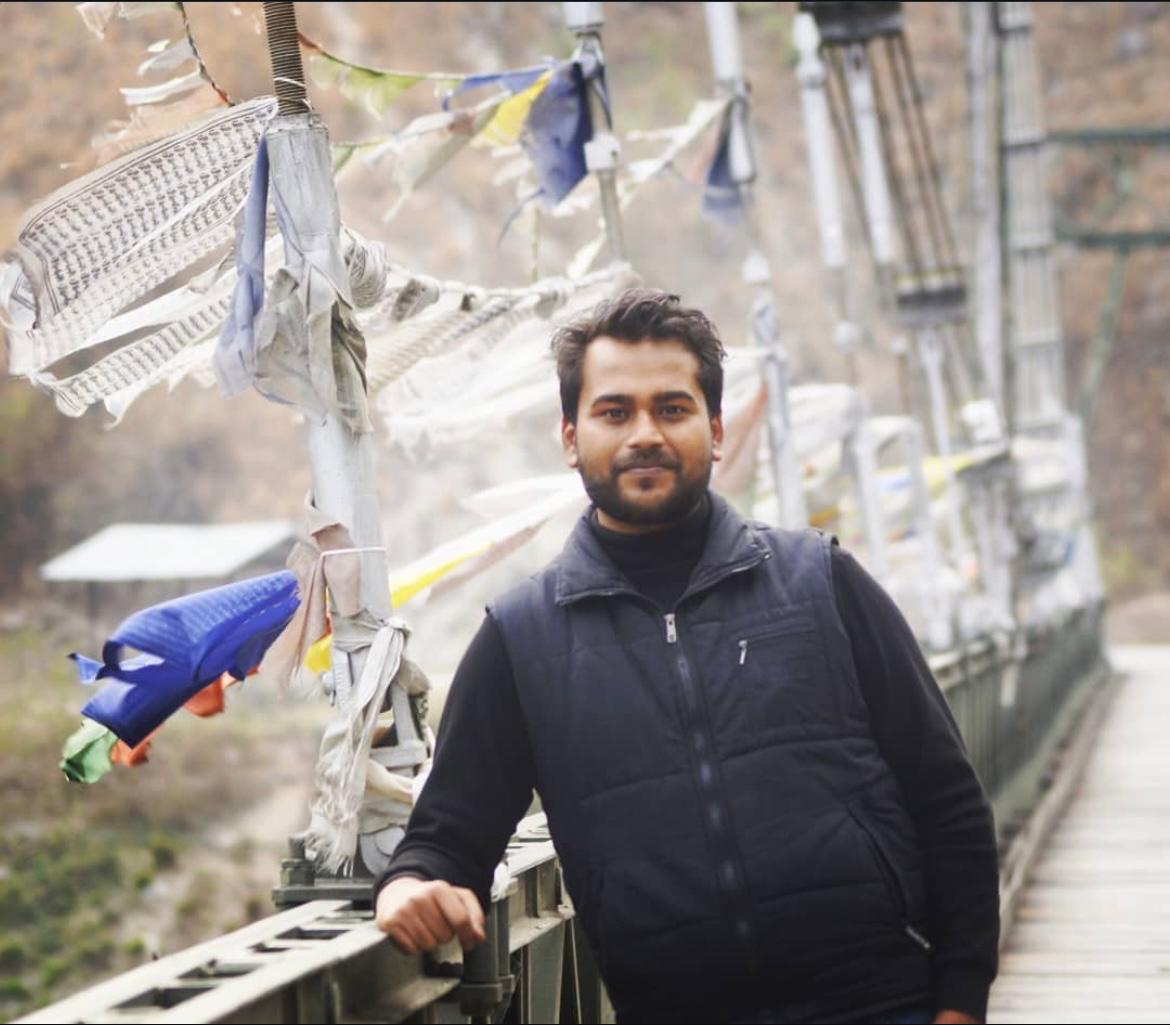
Field Officer In-charge, Sikkim

Design Engineer

Field Officer, Sikkim

Field Officer, Sikkim

Design and Publication Head

Field associate cum driver
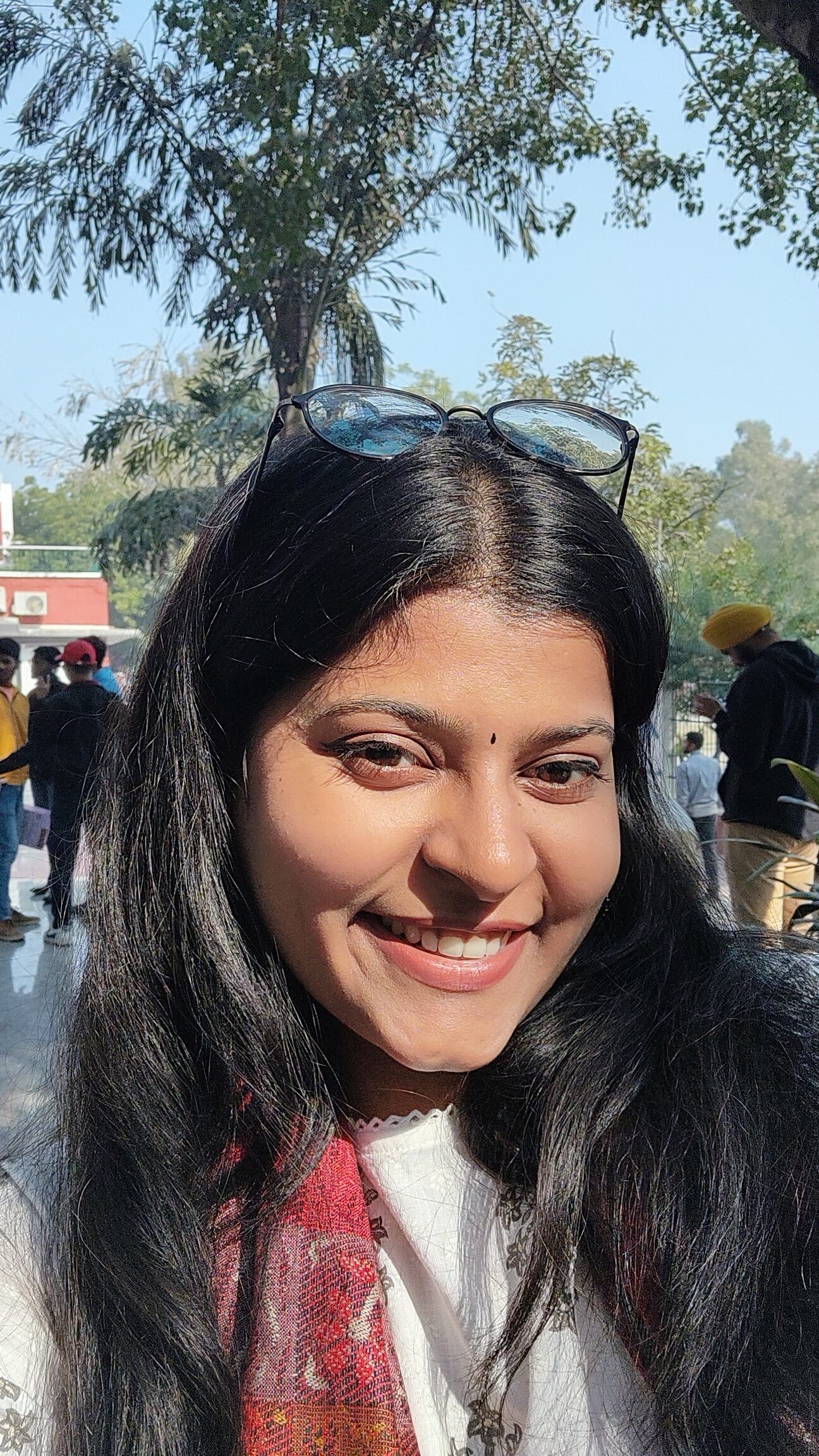
Research Fellow

IT Executive
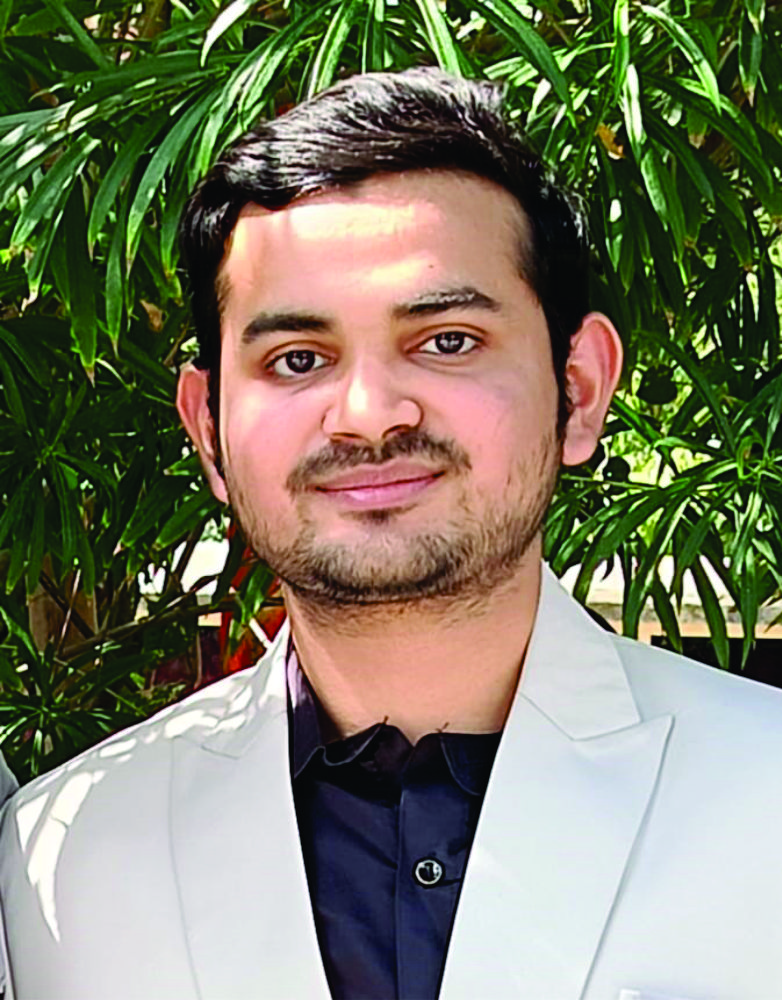
Research Associate

GIAN is the first incubator of grassroots innovations set up in 1997 in collaboration with the Gujarat government and supported by SRISTI and IIMA in addition to the Honey Bee Network.
Registration Nos. –
BPTA (Bombay Public trust Act), 1950 – F/ 5830 (Ahmedabad)
SRA (Societies Registration Act) , 1860 – GUJ/5981/Ahmedabad
FCRA (Foreign Contribution Regulation Act) – 041910244
Bungalow No 1, Satellite Complex, Mansi Cross Roads, Judges Bunglow Rd, Satellite, Ahmedabad, Gujarat -380015
GIAN ©All rights reserved.